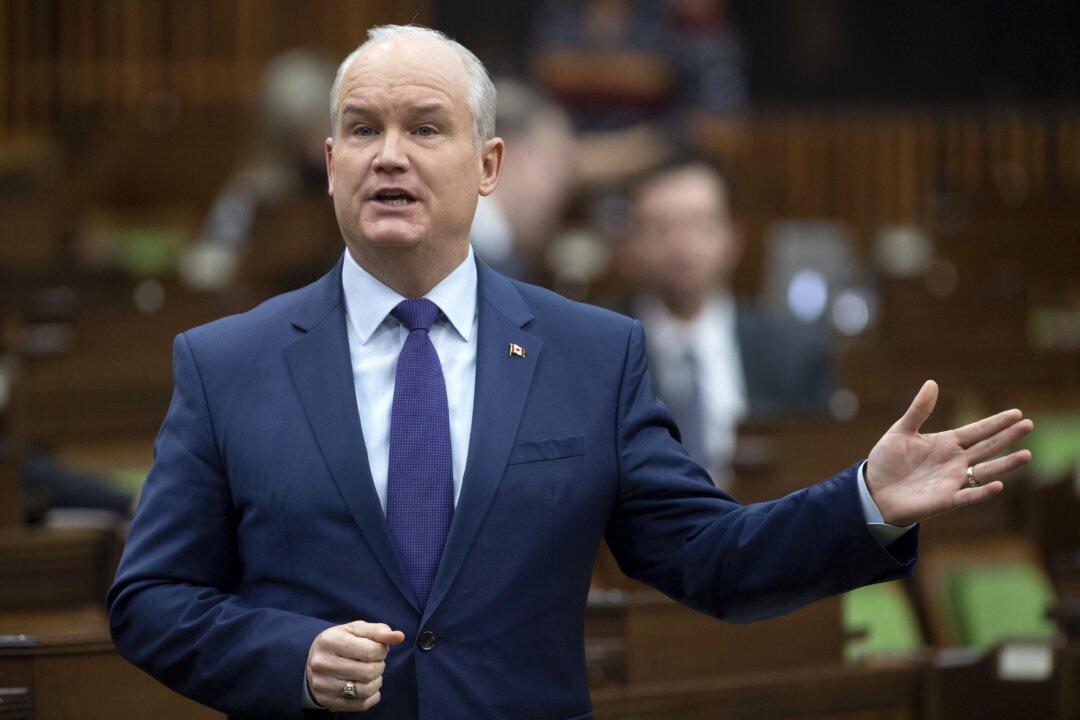Successive governments in Canada have ignored interference by the Chinese regime until it reached a boiling point in recent years, former MP and Conservative Party leader Erin O’Toole told a House of Commons committee on Oct. 26.
“As a country, we must realize that Canada has been like the frog in a pot of boiling water,” said Mr. O’Toole in his testimony before the Procedure and House Affairs committee (PROC).





